
Missing the Mark
Missing the mark means more than doing wrong, it means forgetting your origin.
Unpacking One of Jesus’ Most Misquoted Warnings and Why It Might Not Mean What You Think
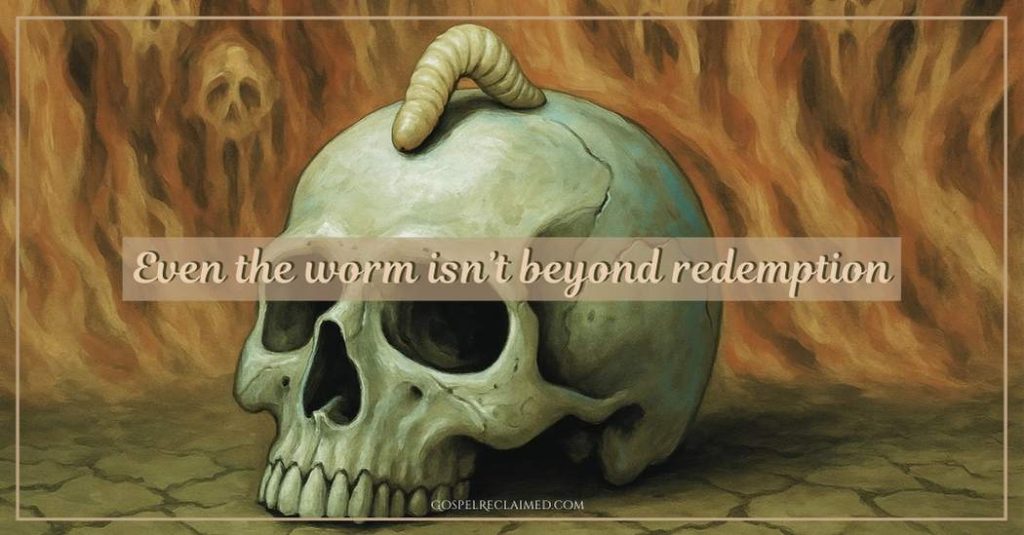
⚠️ I write from curiosity, not certainty.
Every post begins with a question and grows from my ongoing search to know God and understand His purpose for humanity. What you read here reflects my current view—born from study and wonder—and I often revisit and update my writings as I continue to learn and see more clearly.
Let’s be honest—“Where their worm dieth not, and the fire is not quenched” (Mark 9:48) sounds like nightmare fuel.
For centuries, this verse has been used as a weapon to terrify people into believing in eternal conscious torment.
But what if we’ve misunderstood it?
What if, hidden beneath the shocking imagery, there’s a promise of hope—one the early church was quicker to see than later generations?
You may never hear this verse the same way again.
Jesus was quoting the closing vision of Isaiah 66:24, where the prophet describes corpses outside Jerusalem—dishonored and consumed by maggot and fire.
The Hebrew text says “their worm”—singular—showing that this one thing was a metaphor for something continually eating away at their flesh: corruption from within.
In Jesus’ day, everyone knew the Valley of Hinnom—Gehenna (translated “hell” in the KJV)—as the valley of slaughter, repeatedly mentioned by the prophets as the place of judgment for Israel’s abominations.
The worm and the fire were not images of some future punishment after death, but of sin consuming Israel through decay—the inevitable consequence of their repeated rejection of the way of righteousness.
Yet Isaiah’s full vision tells a far greater story.
It actually includes all humanity, moving from death and decay to a victorious ending—worship.
Before declaring, “Their worm will not die, and their fire will not be extinguished, and they will be an abhorrence to all mankind” (Isaiah 66:24), the prophet had already proclaimed, “All mankind will come to bow down before Me” (Isaiah 66:23).
First, all humanity worships God; then they behold the corpses of the rebellious—a symbolic image of our old selves, the decaying “us” in rebellion, now dead.
This vision echoes Ezekiel 37, where the valley of dry bones—representing lifeless, hopeless Israel—is revived by the breath of God.
The bones were very dry… but never beyond resurrection.
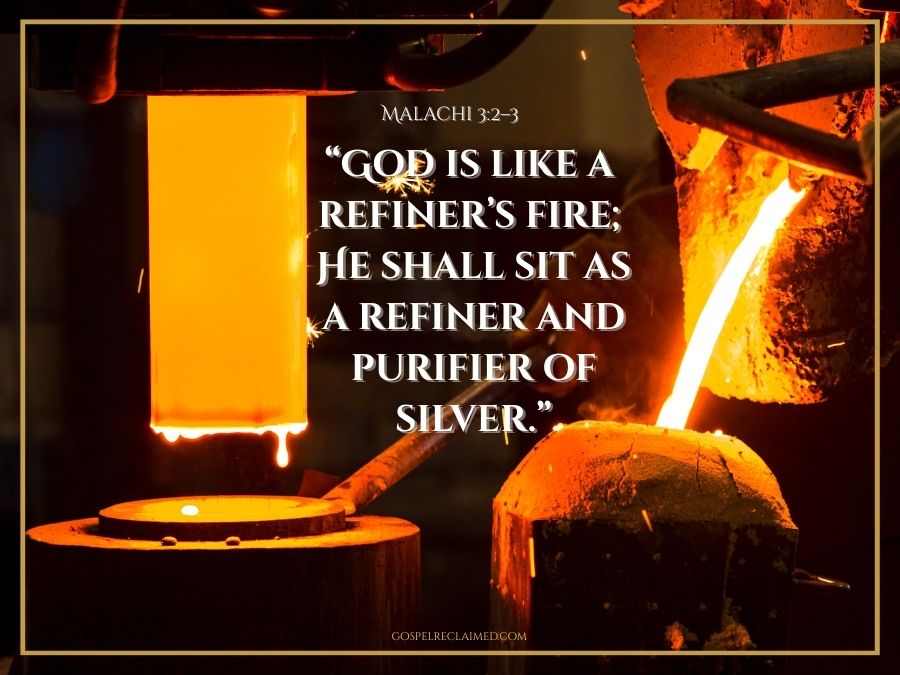
Let’s pause for a moment and stop assuming that fire is automatically bad—because if you stick around this blog, you’ll be reminded often: God is always surrounding us with His grace, even in ways we wouldn’t expect.
Fire purifies gold and silver.
It burns away what doesn’t belong—everything rooted in delusion and tied to this short Adamic existence.
Scripture often uses fire not as a symbol of punishment, but of cleansing—of divine love saying, “I will not leave you in corruption and decay.”
Malachi spoke of God as a “refiner’s fire” (Mal. 3:2).
Paul said, “the fire will test each one’s work” (1 Cor. 3:13).
Even Basil the Great read divine fire as the consuming presence of God’s holiness, which purges what is false so the true may remain.
By the time of the early Fathers, some began to see the worm as the restless sting of conscience—the awareness of sin gnawing within—and the fire as the refining presence of God that cleanses and restores.
While Augustine leaned toward guilt and torment, others—like Gregory of Nyssa and later Isaac of Nineveh—saw it as the divine surgery of love.
Origen of Alexandria (c. 185–253) wrote:
“The fire is the saving fire that consumes not the creature but the corruption; and the worm is the grief of conscience that gnaws until evil is destroyed.”
(Paraphrased from Homilies on Luke 24 and On First Principles 2.10)
And the worm? Isaiah had already used the same image before:
“Fear not, you worm Jacob… I will help you, says the Lord, and your Redeemer, the Holy One of Israel.” — Isaiah 41:14
Even the worm—Israel itself, with all its rebellion and abominations—is redeemed.
The message is profound: decay isn’t the end.
The worm feeds only on what is already dead—our old self that was crucified with Christ so that the body of sin might be destroyed (Romans 6:6).
And the fire does not announce endless torment, but God’s purifying love, refining His children until nothing perishable remains.
The New Testament confirms it:
“Death is swallowed up in victory.
O death, where is thy sting?
O grave, where is thy victory?” — 1 Corinthians 15:54–55
Jesus’ warnings were never about an afterlife torture chamber, but about the collapse of the soul—the ruin that unfolds when unbelief gives birth to wickedness and death.
“The thief comes only to steal and kill and destroy; I came that they may have life, and have it abundantly.” — John 10:10
When He spoke of the worm and the fire, He was contrasting two realities:
The way of sin → decay, corruption, and death (Romans 6:23; James 1:15)
The way of life (zōē aiōnios) → communion with the eternal Source (John 17:3)
But here’s the Good News:
Jesus entered our corruption—our Gehenna—and overcame it.
He abolished death and revealed life and immortality (2 Timothy 1:10).
Origen called His descent into death “the harrowing of hell”—the ultimate declaration that God’s love reaches even to the grave (Psalm 139:8; Ephesians 4:9–10).
This life isn’t about going to heaven someday; it’s the Kingdom within—living from the inside out, led by truth instead of sin (Luke 17:21; Romans 8:2).
It’s not a condition for redemption, but the fruit of an unconditional rescue, echoing His words:
“I have redeemed you; you are Mine.” — Isaiah 43:1
Many early Fathers—Origen, Gregory of Nyssa, Isaac the Syrian—understood the fire not as wrath, but as the relentless love of God burning away all that enslaves us.
The worm and the fire, then, reveal the heart of our Savior:
no part of us—no matter how decayed or rebellious—is beyond redemption.
If today’s post stirred something in you—questions, hope, or maybe even a holy frustration—you’re not alone.
The idea of hell has been tangled in centuries of mistranslation and fear-based theology.
But the deeper you dig, the clearer the picture becomes: God’s fire is for healing, not harm.
So if you’re ready for more, here are three powerful next steps to keep the journey going:
Click below to explore more:
👉 Lazarus and the Rich Man
Unpack the real meaning behind this often-misused story. Was Jesus describing the afterlife—or confronting religious hypocrisy?
👉 What “Hell” Really Means in Scripture
Explore the original Hebrew and Greek words mistranslated as “hell,” and how centuries of tradition distorted their meaning.
👉 The Lake of Fire: Judgment or Restoration?
Discover why this dramatic imagery in Revelation is not about eternal torture—but about the final purification that leads to life.
Let’s reclaim the warnings of Jesus for what they truly are:
Mercy on fire.
The Hebrew text says “their worm”—singular—showing that this one thing was a metaphor for something continually eating away at their flesh: corruption from within.
“Fear not, you worm Jacob… I will help you, says the Lord, and your Redeemer, the Holy One of Israel.” — Isaiah 41:14
Even the worm—Israel itself, with all its rebellion and abominations—is redeemed.
The message is profound: decay isn’t the end.
The worm and the fire were not images of some future punishment after death, but of sin consuming Israel through decay—the inevitable consequence of their repeated rejection of the way of righteousness.

Missing the mark means more than doing wrong, it means forgetting your origin.
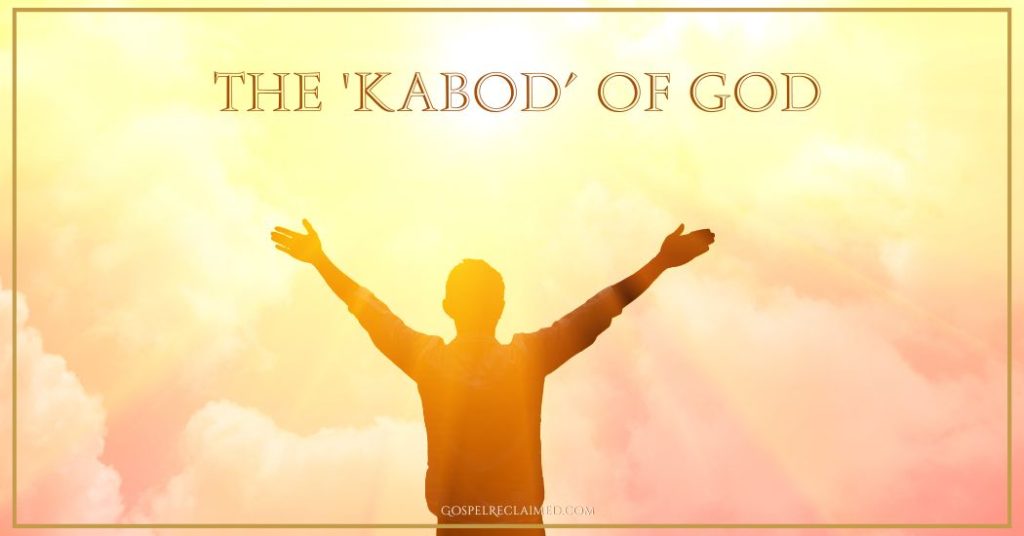
Discover what Moses, Isaiah, Luke, and John truly saw when they spoke of the glory of God.
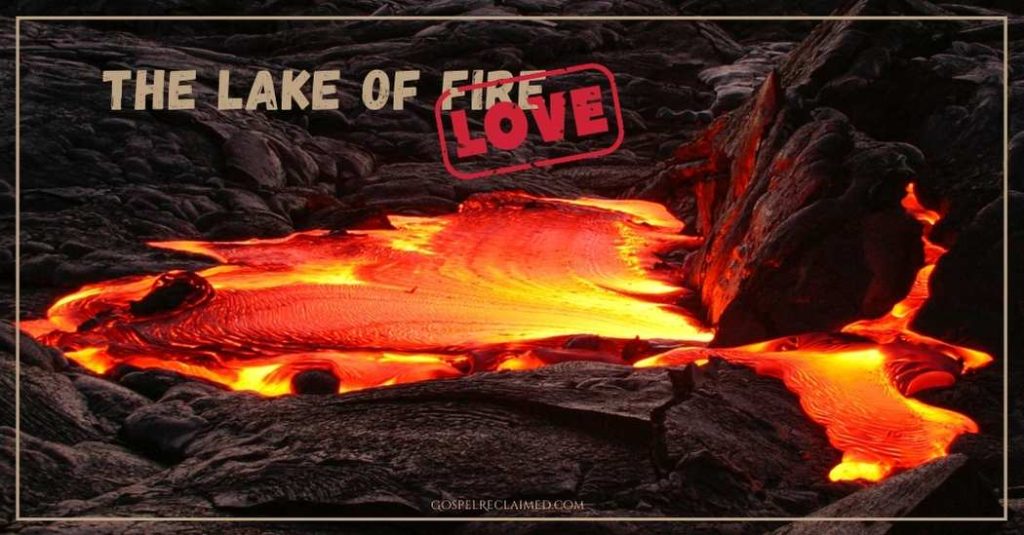
“The Lake of Fire” isn’t God’s torture chamber—it’s His refining love, burning away death, lies, and everything that isn’t eternal.

What if the worm and the fire reveal something far more hopeful—something hidden in Israel’s story, fulfilled in Christ, and still alive in us today?
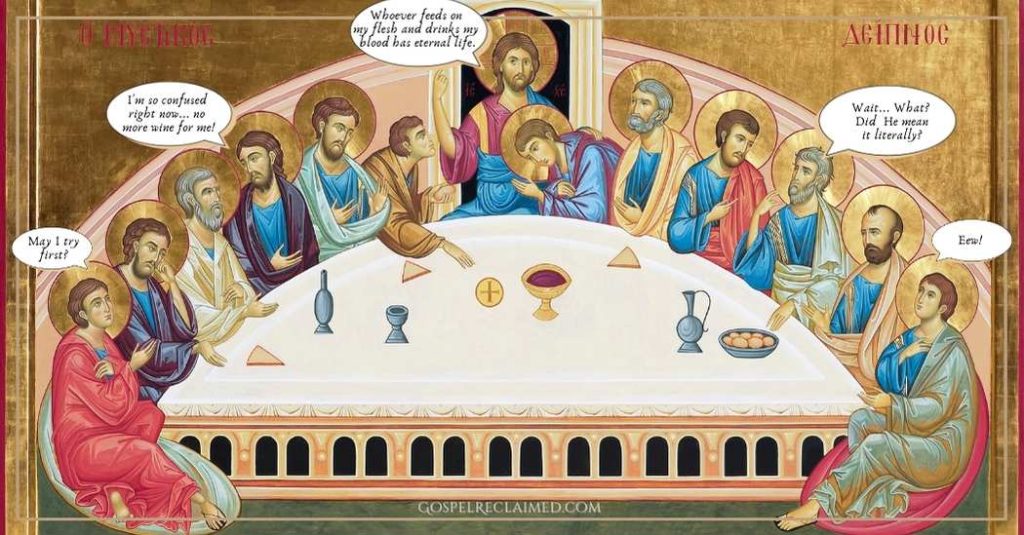
Do we really eat Jesus—or have we missed the metaphor? A fun, thoughtful look at what the Lord’s Supper is really about.
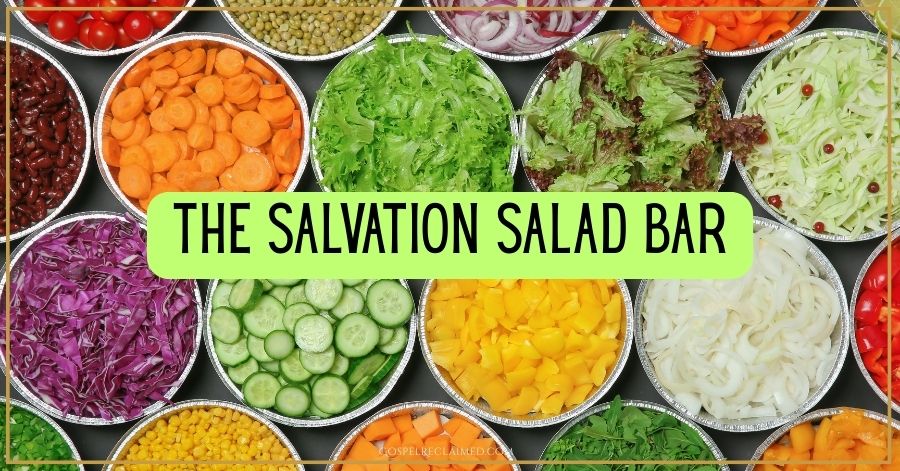
Ditch the checklist! Salvation, what Christ did, is sōzō—wholeness via the Gospel & metanoia. Trust it, live it, be free.